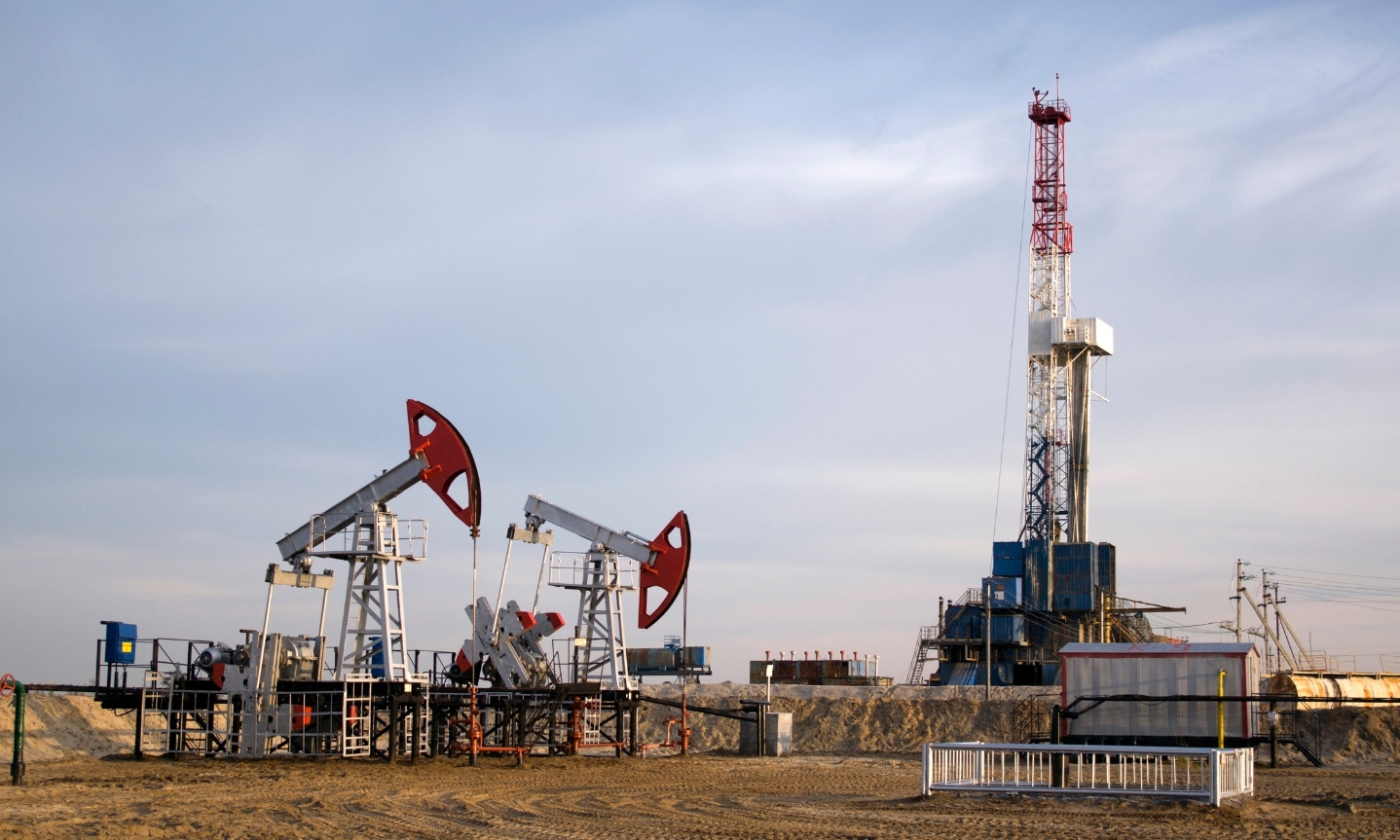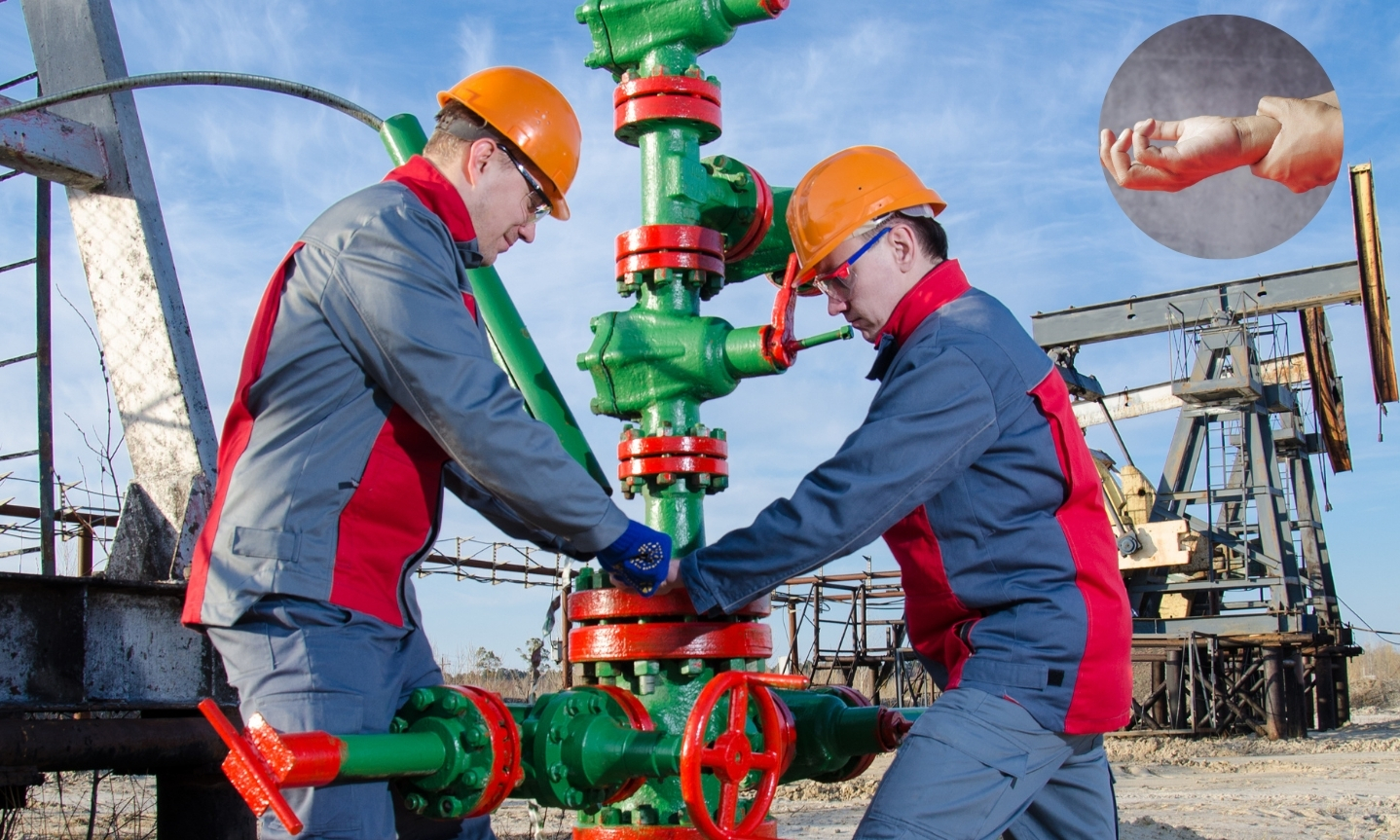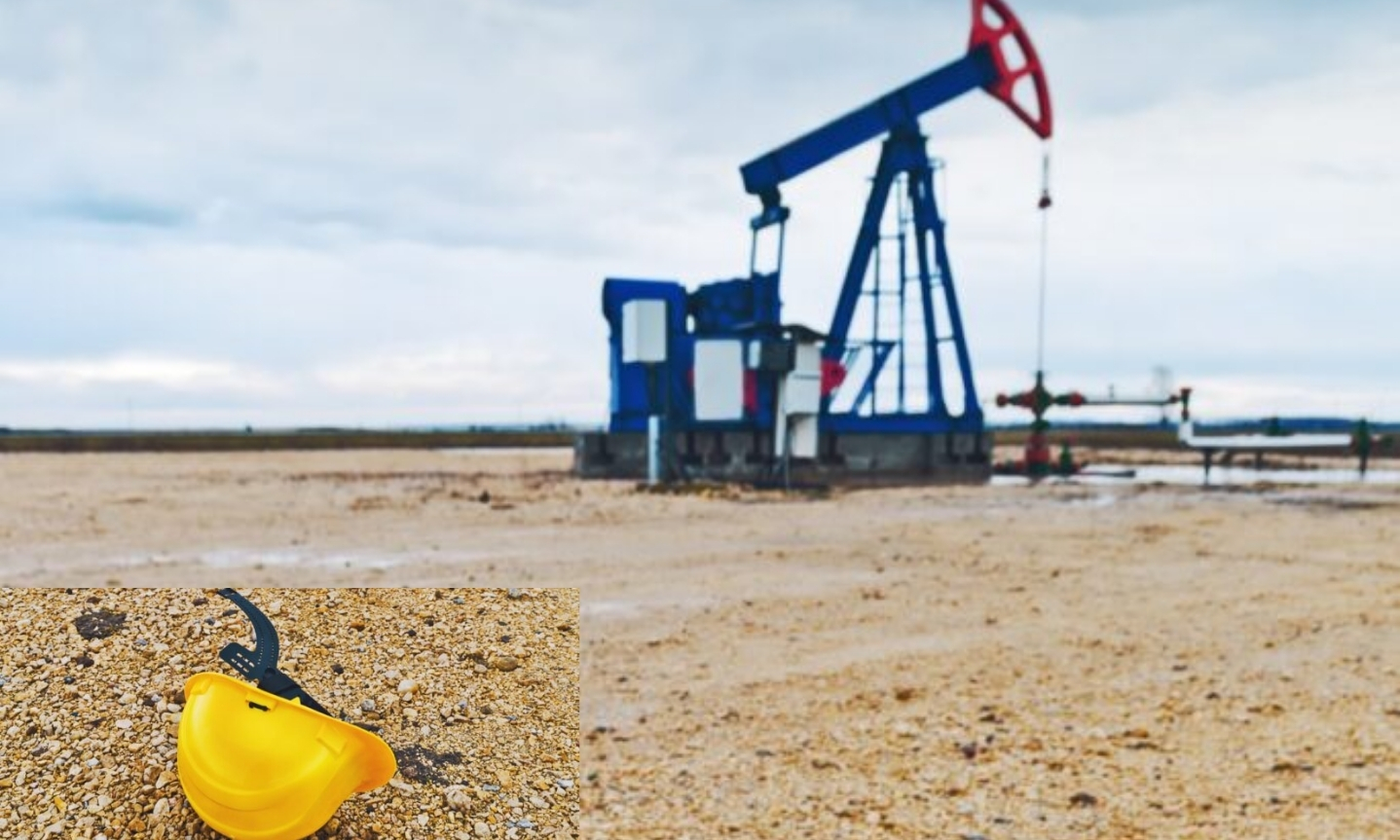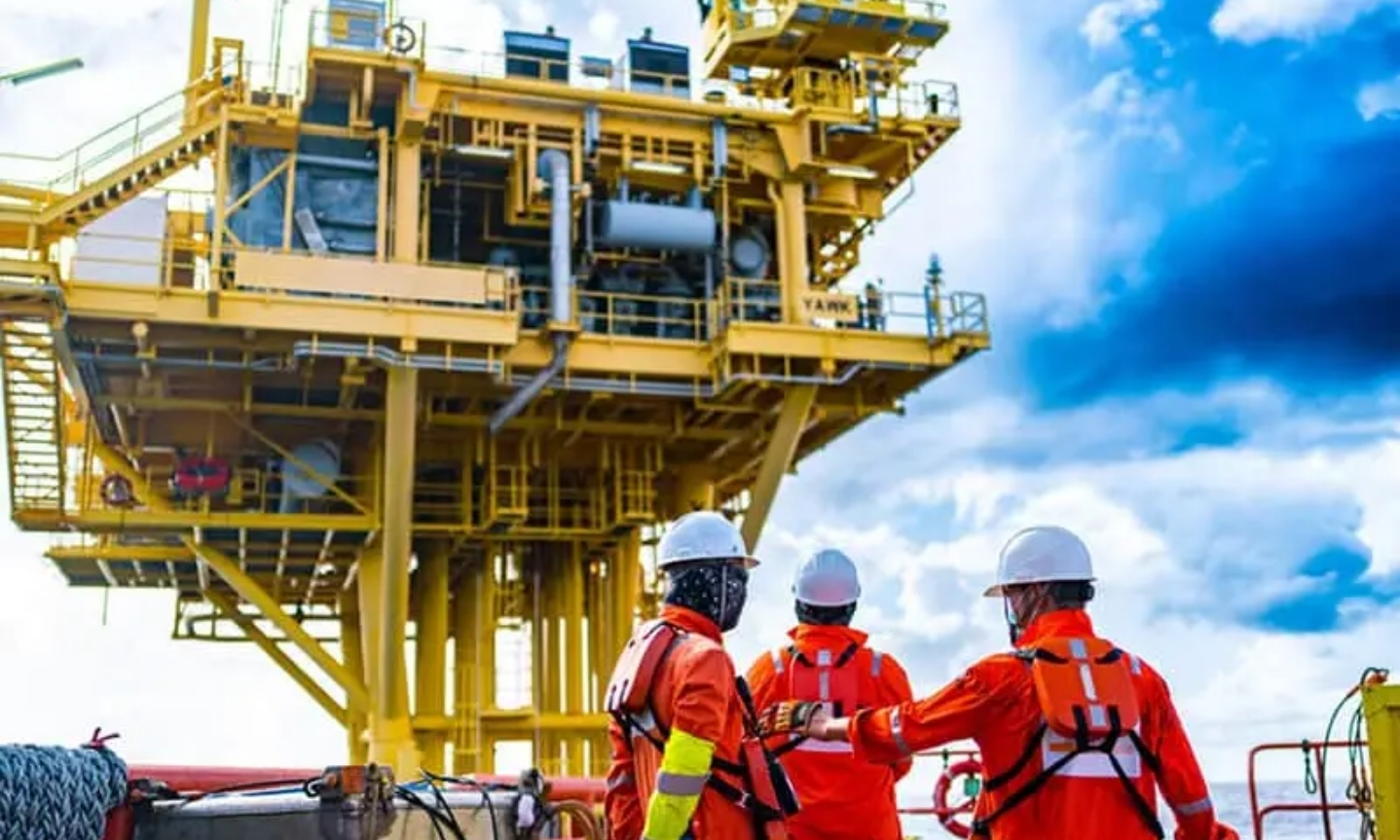
CALL NOW!
(866) 949-1987Se Habla Espanol
24 hours per day /
7 days a week
CALL NOW! (866) 949-1987 Se Habla Espanol
24 hours per day / 7 days a week
Texas Oilfield Injury Attorney
Fighting for the Rights of Injured Energy Workers and Protecting the Backbone of Texas.

Oilfield Accidents: A Harsh Reality Behind the Boom
Texas drives America’s energy industry, but behind every barrel of oil is a workforce facing extreme risks daily. Explosions, equipment malfunctions, and unsafe working conditions often leave workers with life-changing injuries. If negligence played a role in your accident, you deserve justice—and fair compensation.
Why Oilfield Injuries Are So Devastating?
Oilfield worksites combine heavy machinery, high-pressure systems, and volatile chemicals. When employers cut corners or fail to follow safety standards, the consequences can be catastrophic. Victims often face long recovery times, lost income, or permanent disability.


Common Oilfield Accidents
Oil and gas companies owe their employees a safe working environment. Unfortunately, shortcuts and poorly maintained equipment often lead to devastating, preventable accidents.
Equipment Failure: Defective rigs, cranes, lifts, or inadequate maintenance leading to collapse or dropped objects.
Explosions & Fires: Gas leaks, blowouts, or improper storage of flammable materials can result in catastrophic burns.
Vehicle Collisions: Fatigued drivers, poor road conditions, or improperly secured loads during transport to and from sites.
Fracking & Chemical Exposure: Exposure to toxic substances (silica dust, hydrogen sulfide) can cause long-term or acute illness.
Unsafe Drilling Practices: Ignoring drilling protocols or overpressurizing wells can trigger collapses or blowouts.
Lack of Proper Training or Supervision: Untrained workers or inadequate oversight often lead to preventable mistakes and injuries.
Life-Changing Injuries We Handle
Oilfield accidents rarely result in minor injuries. The forces involved lead to life-altering, permanent damage that requires maximum compensation.
Severe Burn Injuries: From explosions and fires, often requiring skin grafts and long rehabilitation.
Traumatic Brain Injuries (TBI): Caused by falls, blows to the head, or flying debris.
Spinal Cord Injuries & Paralysis: Resulting from crush injuries or significant falls from heights.
Crush injuries & amputations: Heavy machinery or collapsing structures can trap and severely injure workers.
Internal bleeding or organ damage: High-impact accidents may lead to internal trauma that requires emergency surgery.
Wrongful death due to explosions or collapses: In the worst cases, unsafe oilfield conditions result in tragic fatalities.
Our legal team has handled complex claims involving multiple employers, contractors, and insurance carriers—and we know how to untangle even the toughest cases.


Focus on Long-Term Care
We work with life-care planners and vocational experts to calculate the total cost of your injury—including lost future wages, specialized medical equipment, in-home care, and pain and suffering.
Understanding Your Claim: State Law vs. Federal Acts
Depending on where your accident occurred—onshore, offshore, or in transit—your claim may fall under different and highly complex bodies of law. This determines the compensation you can recover.
Onshore (Texas Law): Claims against non-subscriber employers or third-party negligence (subcontractors, manufacturers).
Offshore/Maritime (Jones Act): Applies to "seamen" working on drilling ships, fixed platforms, or floating rigs and often offers broader recovery.
Federal Safety (OSHA): We leverage Occupational Safety and Health Administration violations to prove corporate negligence.
The first step is correctly identifying the legal jurisdiction to maximize your recovery.


Immediate Action: Our Investigation Protocol
Oil companies mobilize quickly after a serious incident to control the narrative and minimize liability. We move faster.
Site Preservation: We immediately send investigators and experts to the site to document evidence before it is destroyed or 'cleaned up'.
Witness Testimony: Securing detailed, truthful accounts from co-workers and immediate supervisors before corporate pressure can influence their statements.
Corporate Accountability: Analyzing training records, maintenance logs, and communication history to find the corporate negligence that caused your injury.
Don't Let the Clock Run Out.
Oilfield injury claims have strict deadlines. Time is critical to preserve evidence and file your claim under the correct legal framework.
Get a Free, Confidential Case Review

Workers’ Rights in Oilfield Injury Claims
Whether your injury falls under workers’ compensation or personal injury law depends on your employment status and your employer’s insurance coverage. We help you navigate both systems—ensuring you receive maximum compensation under Texas law.

How We Build a Strong Oilfield Injury Case
We don’t rely on assumptions—we rely on evidence. Our Texas oil field injury attorney works with safety experts, engineers, and medical professionals to reconstruct accidents and prove liability. From site inspections to witness statements, every detail strengthens your case.
Compensation You May Be Entitled To
Depending on your case, you may be able to recover damages for:
- Medical expenses and ongoing rehabilitation
- Lost wages and future earning capacity
- Pain and emotional suffering
- Disability and loss of quality of life
- Wrongful death and funeral costs for the families of victims

FAQs
1. Can I sue my employer for an oilfield injury in Texas?
If your employer doesn’t provide workers’ compensation insurance or was grossly negligent, you may be able to file a personal injury lawsuit instead of a standard claim.
2. What should I do immediately after an oilfield accident?
Report the incident, get medical attention, document everything, and search for “oilfield injury lawyer near me” and contact the expert as soon as possible to protect your rights.
3. Can subcontractors file injury claims too?
Yes. Even if you’re not a full-time employee, you may still have a valid claim against the company responsible for unsafe working conditions.
4. How long do I have to file an oilfield injury claim in Texas?
Typically, you have two years from the date of the accident—but certain factors may extend or shorten this period.
5. How much is my case worth?
It depends on your injuries, the extent of negligence, and how your life has been affected. We’ll evaluate your claim and fight for the maximum compensation you deserve.